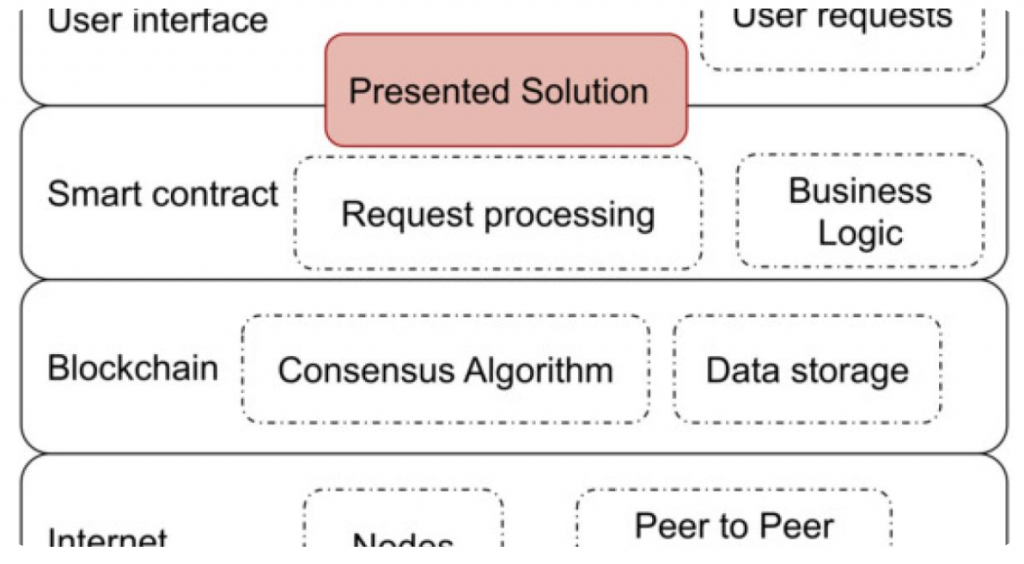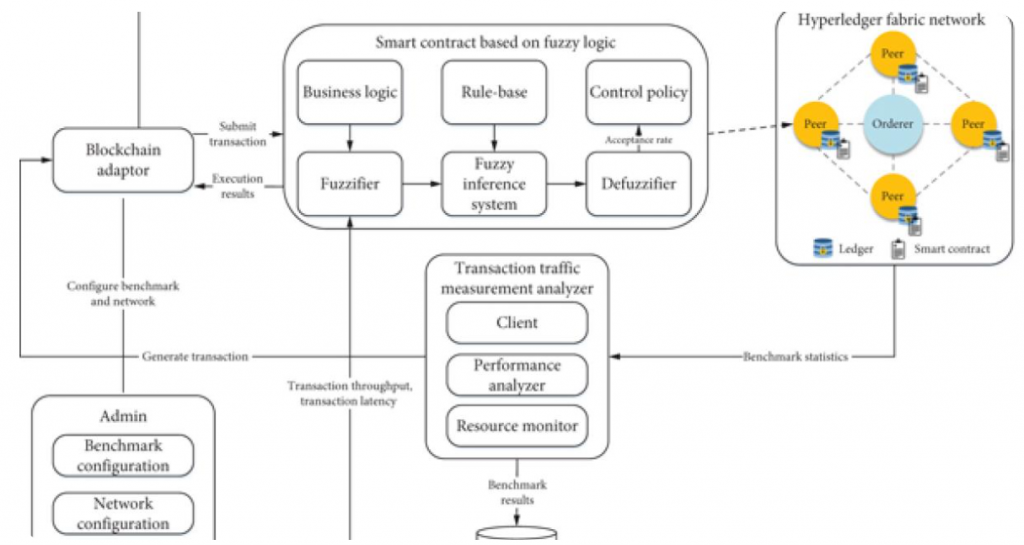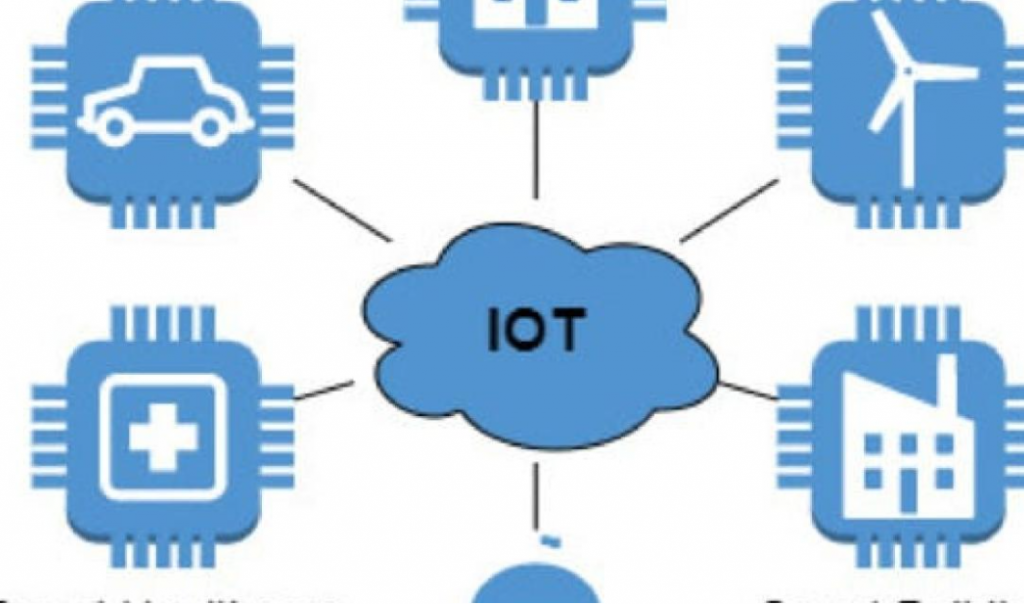A blockchain is a distributed database that enables secure, transparent, and tamper-proof record keeping. Each block in a blockchain contains a cryptographic hash of the previous block, a timestamp, and transaction data. Businesses can use blockchain to create immutable and auditable transaction records. The predefined business logic within a blockchain is called a smart contract. Smart contracts are self-executing contracts that automate the execution of transactions and agreements between parties.
The Business Logic of Blockchain
Logic Blockchain business logic is the mechanism that determines how the blockchain operates. The business logic of a blockchain is designed to ensure data integrity and ensure that transactions are secure.
The business logic of a blockchain is based on the principles of cryptography and distributed consensus. Cryptography is used to protect data on a blockchain, while distributed consensus ensures that data on a blockchain is accurate.
The business logic of a blockchain is designed to ensure that each node in a blockchain network knows the current state of the blockchain. This ensures that each node can verify the accuracy of the data on a blockchain.
What is A Blockchain?
A blockchain is a public ledger of all cryptocurrency transactions. It constantly grows as blocks “completed” with a new set of recordings are added to it. Each block contains a cryptographic hash of the previous block, a timestamp, and transaction data. Bitcoin nodes use the blockchain to distinguish legitimate Bitcoin transactions from attempts to re-spend coins that have already been spent elsewhere.

The Benefits of Blockchain
Technology
The potential benefits of Blockchain technology are vast and include improving transparency and security, reducing costs, and increasing trust. Here are five of the most significant benefits of blockchain technology:
1. Increased transparency and security
One of the main benefits of blockchain technology is its ability to increase transparency and security. Because the blockchain is a distributed ledger, it allows participants to keep track of transactions and assets with greater accuracy and security than ever before. This improves the trust between the parties, as well as their ability to transact business without the risk of fraud or theft.
2. Reduced Costs
The increased transparency and security associated with blockchain technology can also reduce costs associated with various business transactions. For example, by reducing the need for intermediaries like banks, blockchain can save businesses money in fees and commissions. Additionally, by eliminating the need for third-party verification, blockchain can reduce the time and cost required to complete a transaction.
3. Enhanced Trust
Another benefit of blockchain technology is its ability to enhance trust between parties. Because the blockchain is a transparent and secure system, it can reduce the risk of fraud and theft. This improves the ability of businesses to transact with confidence, leading to greater efficiency and productivity.
4. Increased efficiency and productivity
In addition to improving trust, blockchain technology can also lead to greater efficiency and productivity in business transactions. For example, by eliminating the need for third-party verification, blockchain can dramatically reduce the time and cost required to complete a transaction. This can lead to a significant increase in the speed and accuracy of business operations.
5. Greater economic value
Finally, blockchain technology has the potential to create greater economic value. For example, by reducing the costs associated with various business transactions, blockchain technology can lead to increased efficiency and productivity. This can lead to an increase in the total value of companies and assets.

The Future of Blockchain
Blockchain technology continues to grow in popularity and has the potential to revolutionize many industries. Here are four ways that blockchain could affect business in the future.
1. Greater Transparency and Security
One of the biggest benefits of blockchain technology is its greater transparency and security. Because the blockchain is a distributed database, it is difficult to manipulate the data. This makes it a reliable platform for recording transactions.
2. Greater Efficiencies
Another benefit of blockchain technology is its greater efficiency. Because the blockchain is a distributed database, it can reduce the time it takes to complete transactions. This can help businesses save money on costs like transaction fees.
3. Greater Accessibility
One of the benefits of blockchain technology is its greater accessibility. Because blockchain is a digital platform, anyone can use it. This makes it a powerful tool for developing countries that do not have access to traditional banking systems.
4. Increased Trust
One of the biggest benefits of blockchain technology is its increased trust. Because blockchain is a digital platform, people can trust that it is trustworthy. This can help companies build trust with their customers.
How Does the Blockchain Work?
A blockchain is a distributed database that enables secure, transparent, and tamper-proof transactions. Transactions are grouped into blocks and then chained using cryptography. Each block contains a cryptographic hash of the previous block, a timestamp, and transaction data. Bitcoin and other cryptocurrencies use blockchain technology to power their transactions.
What Is The Predefined Business Logic Within A Blockchain Called?
The predefined business logic within a blockchain is called a smart contract. A smart contract is computer code that facilitates, records, and executes the terms of a contract. When two parties enter into a contract, they can use a smart contract to automatically execute the terms of the contract.

What are Smart Contracts?
Smart contracts are computer protocols that facilitate, verify, and enforce the negotiation and performance of a contract. They allow two or more parties to exchange information and assets without the need for a third party. The term “smart” refers to the fact that these contracts can be automated, allowing them to run efficiently and securely.
The main benefits of using smart contracts are that they can reduce the cost and time associated with contract negotiation and performance, and can be executed without the need for a third party. Additionally, smart contracts can help ensure the accuracy and enforceability of a contract.














